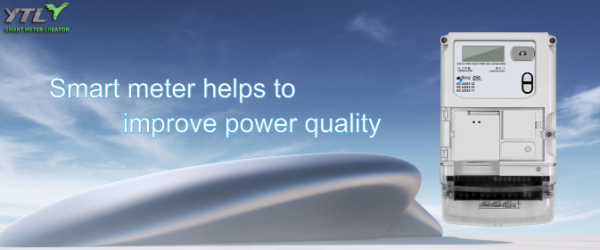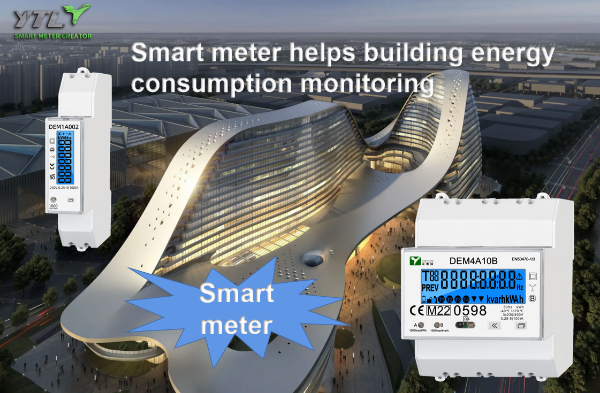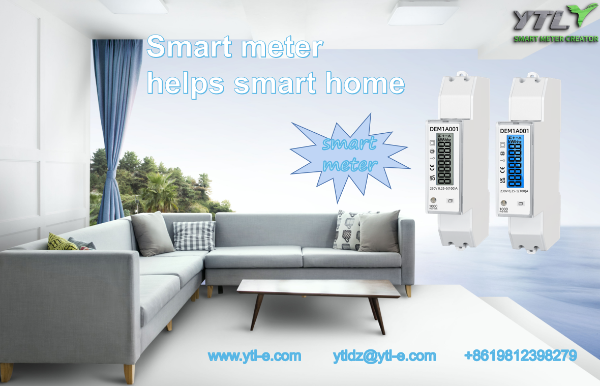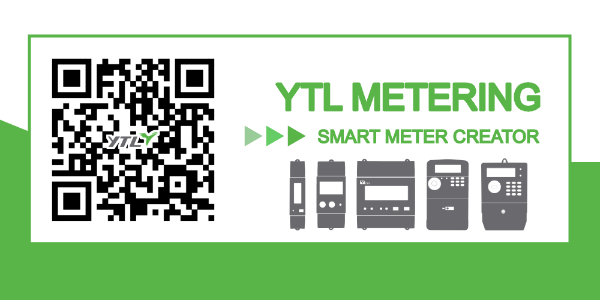Smart Eectricity Meters in Building Energy Management
With the progress of society and the development of technology, the demand and consumption of energy are increasing day by day. Among them, electric power, as one of the main energy sources in modern society, is of great significance for energy saving and emission reduction, environmental protection. In the field of construction, smart electricity meters, as an important component of smart buildings, can effectively improve the level of building energy management, reduce energy consumption, and promote the development of green buildings.

Discussion will focus on the application and value of electricity meters in building energy management.
Application of Smart Electricity Meters in Building Energy Management
1. Monitoring and Measurement
Electricity meters, as a type of smart electricity meter, have the function of real-time monitoring and measurement. By installing electricity meters, it is possible to accurately monitor the energy consumption within a building, promptly identify and address energy waste issues. Additionally, electricity meters can provide detailed electricity usage data, serving as a scientific basis for building energy management.
2.Optimize energy configuration
In building energy management, by analyzing the electricity consumption data provided by the power meter, one can understand the energy consumption situation of various equipment, and then carry out targeted energy optimization configuration. For example, adjusting the operation mode of air conditioning, lighting, and other systems to improve the efficiency of equipment operation and reduce energy consumption.
 3. Intelligent management
3. Intelligent management
With the help of smart electricity meters and IoT technology, intelligent management of building energy can be achieved. Through remote monitoring and control of various equipment in the building, automated operation of equipment and refined energy management can be realized, improving the energy-saving effect and management efficiency of the building.
Value of smart electricity meters in building energy management
1. Improve energy utilization efficiency
By monitoring and measuring electricity consumption within buildings, smart electricity meters can help management personnel promptly identify and address energy waste issues, thereby improving energy utilization efficiency. At the same time, optimizing energy allocation and implementing smart management can also reduce energy consumption and improve energy utilization efficiency.
2. Reduce operational costs
In building energy management, the proper use and management of electricity can effectively reduce operational costs. By optimizing energy allocation and implementing intelligent management, unnecessary energy waste can be reduced, electricity expenses can be lowered, and economic benefits can be enhanced.
3.Promoting the development of green buildings
With the increasing importance society places on environmental protection, green buildings have become a trend in future architectural development. By utilizing smart electricity meters for building energy management, the development of green buildings can be advanced, reducing carbon emissions from buildings and contributing to environmental protection.

smart electricity meters have wide application and significant value in building energy management. Through applications such as monitoring, measuring, optimizing energy allocation, and intelligent management, the smart electricity meter can help management personnel improve energy utilization efficiency, reduce operational costs, and promote the development of green buildings. In the future, with the advancement of technology and the deepening of intelligence, the application of smart electricity meters in building energy management will become more widespread and in-depth, making a greater contribution to promoting the development of green buildings and achieving sustainable energy goals.


Comments
Post a Comment